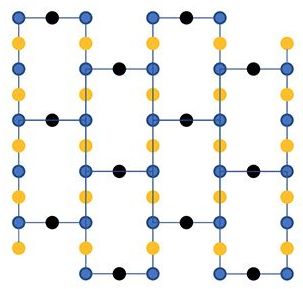Xanadu, a photonic quantum computing company, announced today the release of the world’s first publicly available photonic quantum cloud platform, according to a press release. Developers can now access Xanadu’s gate-based photonic quantum processors, in 8, 12, and soon 24-qubit machines.
Photonics based quantum computers have many advantages over older platforms. Xanadu’s quantum processors operate at room temperature. They can easily integrate into existing fiber optic-based telecommunication infrastructure, enabling a future where quantum computers are networked. It also offers great scalability supporting fault tolerance, owing to robust error-resistant physical qubits and flexibility in designing error correction codes. Xanadu’s unique type of qubit is based on squeezed states – a special type of light generated by our own chip-integrated silicon photonic devices.
“We believe that photonics offers the most viable approach towards universal fault-tolerant quantum computing with Xanadu’s ability to network a large number of quantum processors together. We are excited to provide this ecosystem, a world-first for both quantum and classical photonics,” said Christian Weedbrook, Xanadu Founder and CEO. “Our architecture is new, designed to scale-up like the Internet versus traditional mainframe-like approaches to quantum computing.”







